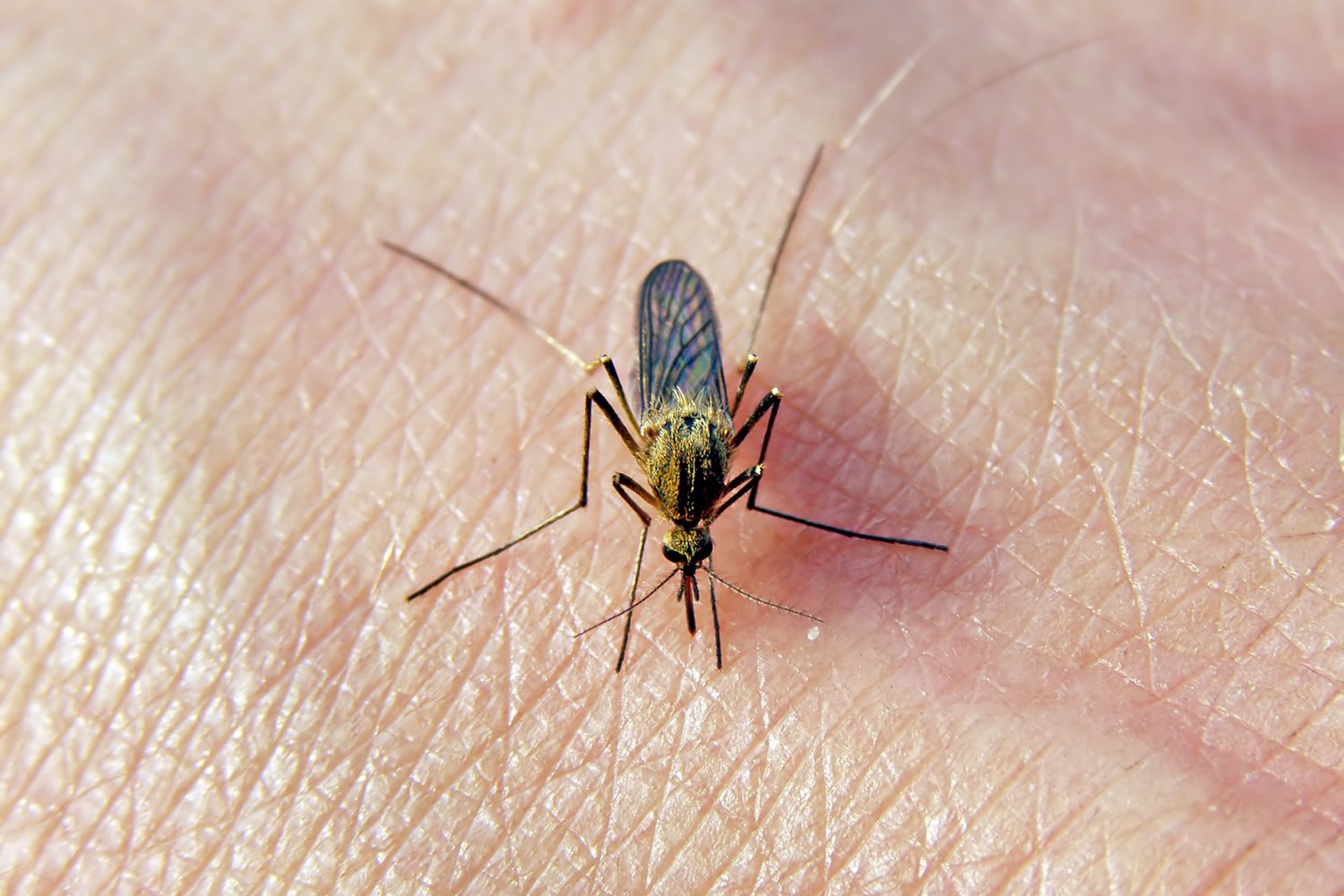Can a mosquito bite give you HIV infection?
Since the outbreak of the human immunodeficiency virus epidemic, scientists have been concerned about the transmission of HIV infection through the bites of blood-sucking insects such as mosquitoes.
However, epidemiological studies conducted by the Centers for Disease Control and Prevention have found no evidence that insects, including mosquitoes, can transmit HIV infection, even in countries with extremely high rates of human immunodeficiency virus infection. The absence of such outbreaks supports the conclusion that insects cannot transmit HIV.

A logical question arises: “Why don’t mosquitoes transmit HIV infection?”
From a biological point of view, mosquito bites do not lead to the entry of blood from a previously bitten person into the blood of a newly bitten person (which is considered the main way of contracting HIV infection). This is because the mosquito's proboscis does not act like a syringe. In fact, it consists of two tubes, one of which takes blood, and the other injects saliva and anticoagulants, which allow the mosquito to feed more efficiently. Thus, blood is not transmitted from person to person through a mosquito bite.
Is it possible to get HIV infection from a manicure? Read our article
Although diseases such as yellow fever and malaria are easily transmitted through the salivary secretions of some species of mosquitoes, HIV infection cannot survive in insects because they do not have the host cells (T cells) that are necessary for human immunodeficiency virus to reproduce. Therefore, when HIV infection enters the body of a mosquito, it is digested in the intestine along with the blood cells on which the insect feeds and is quickly destroyed.
However, HIV infection can survive for a very short period of time in the stomach of a mosquito. Does this mean that killing a mosquito with the blood of the person it bitten is dangerous? The answer is also no.

As a result of contact with HIV infection that has entered the open air, it is almost impossible to become infected. Also, one of the reasons why a mosquito cannot transmit HIV is that the amount of virus that one insect can carry is too small. For the human immunodeficiency virus to be viable, it would take about 10 million mosquitoes biting at a time to transmit HIV infection to one person.
As a result, HIV transmission can only occur under three specific conditions. If any of these conditions are not met, the probability of infection is considered practically zero:
- requires a biological body fluid (blood, semen or breast milk) with a high content of HIV infection. However, HIV cannot survive in saliva, urine, sweat or feces;
- there must be a route through which HIV can easily enter the body, through vulnerable mucosal tissue or through direct blood-to-blood transmission;
- There must be a sufficient amount of HIV infection for infection to occur because the lower the HIV viral load , the lower the risk of infection.
How else can you become infected with HIV? Read more in our article
Since insect bites do not meet any of these conditions, transmission of HIV infection through mosquito bites is considered impossible.




